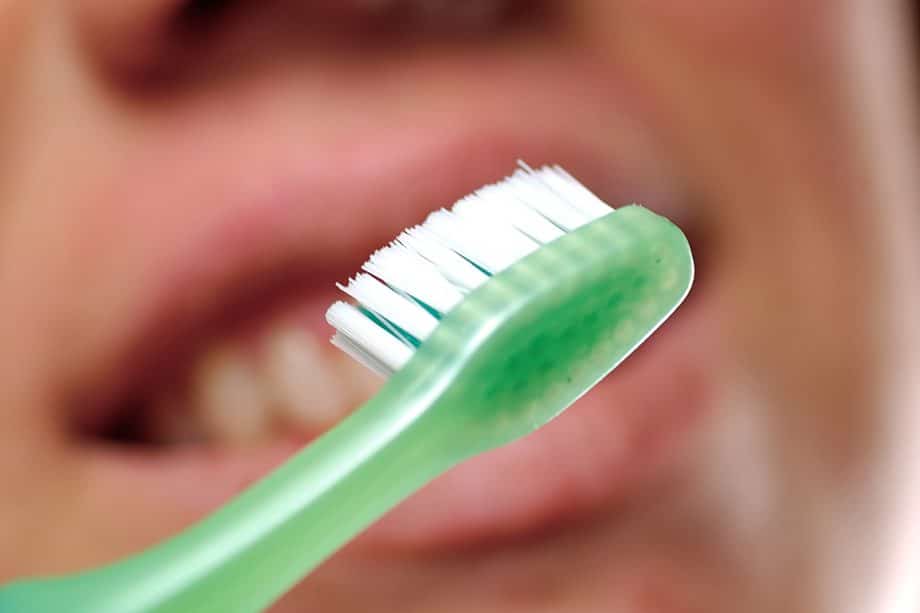Do you find yourself questioning the reason behind your dentist's persistent recommendation of fluoride treatments?
Fluoride, a mineral that occurs naturally in water, soil, and certain foods, has a longstanding reputation for its capacity to enhance teeth strength and prevent decay. Its effectiveness in promoting dental health has been firmly established throughout history. In contemporary dental care, fluoride is recognized as a fundamental element, widely hailed as one of the most effective methods to combat tooth decay.
How exactly does fluoride treatment work? The scientific principles underlying fluoride treatments are truly fascinating, and understanding them will allow you to make more informed choices about your oral health.
In this piece, we will dive into these mechanisms behind fluoride use - specifically, how it strengthens teeth while contributing toward maintaining a beautiful and vibrant smile.
How fluoride strengthens teeth
Fluoride is essential in strengthening the outermost layer of your teeth, known as tooth enamel.
The enamel, primarily consisting of minerals known as hydroxyapatite, can be susceptible to demineralization caused by acid-producing bacteria in your mouth. This weakening process increases the susceptibility of the enamel to decay and cavities. However, fluoride functions by promoting remineralization of the tooth enamel. It replenishes the lost minerals, reinforcing the strength of the enamel and enhancing its resistance to decay and cavities.
Fluoride enters your bloodstream when consumed and quickly integrates with developing teeth to reinforce them internally and aid restoration of damaged enamel by drawing minerals such as calcium and phosphate to the tooth surface, where they bind together into an exceptionally robust layer of enamel that lasts much longer than conventional forms.
Fluoride's role extends far beyond strengthening enamel; it can also play an essential role in inhibiting harmful oral bacteria growth. By decreasing acid-producing populations, fluoride helps prevent cavities and other dental issues from arising.
Fluoride works to strengthen teeth, making them more resistant to decay while simultaneously fighting harmful bacteria in your mouth. But how did we discover its amazing properties, and when did it become an integral component of modern dental care?
Benefits of fluoride treatment
Fluoride treatment offers numerous documented advantages that help maintain healthy, beautiful teeth. Here are several ways that fluoride can make a positive difference:
Fluoride's most widely acknowledged benefit is its ability to prevent cavities. By fortifying tooth enamel and hindering harmful bacteria's growth, fluoride helps lower the likelihood of cavities and associated dental issues.
Strengthening tooth enamel: Fluoride plays an essential role in strengthening tooth enamel by remineralizing it and drawing in additional minerals to its surface, strengthening your teeth while increasing their resistance to decay. This process improves their strength and increases resistance against cavities.
Fluoride helps reduce tooth sensitivity by reinforcing the protective enamel layer on your teeth, thus alleviating discomfort and making eating and drinking more pleasurable.
Fluoride's main benefit lies in improving overall oral health: by decreasing your risk of cavities and other dental issues, fluoride significantly enhances it - in turn having a beneficial impact on general well-being as dental issues have been linked with various health conditions.
How fluoride prevents tooth decay
As previously discussed, fluoride works by strengthening tooth enamel and inhibiting harmful bacteria growth within the oral cavity. But there are additional considerations.
Fluoride helps combat this effect by drawing calcium and phosphate to your teeth surfaces for binding, leading to more robust enamel layers and helping prevent cavities from forming. By binding these minerals together with fluoride molecules, fluoride promotes their attachment more securely onto tooth surfaces, thereby creating more resilient enamel layers.
These minerals then bind together, forming a more robust and enduring enamel layer. This process, known as remineralization, aids in repairing weakened tooth enamel and inhibiting cavity formation.
Fluoride also possesses the ability to curb the proliferation of harmful bacteria in your mouth. By diminishing the population of acid-producing bacteria, fluoride helps prevent cavities and other dental complications.
Pediatric Dentistry in Gaithersburg
Fluoride treatments are essential for maintaining optimal oral health. With its ability to strengthen tooth enamel, prevent cavities, and decrease harmful oral bacteria growth, fluoride can ensure long-term wellbeing and beauty of your smile.
No matter the age or susceptibility to dental issues, fluoride treatment provides an effective approach to cavity prevention and optimal oral health maintenance. If you need further information regarding our services, please contact us at 301-327-1003.

